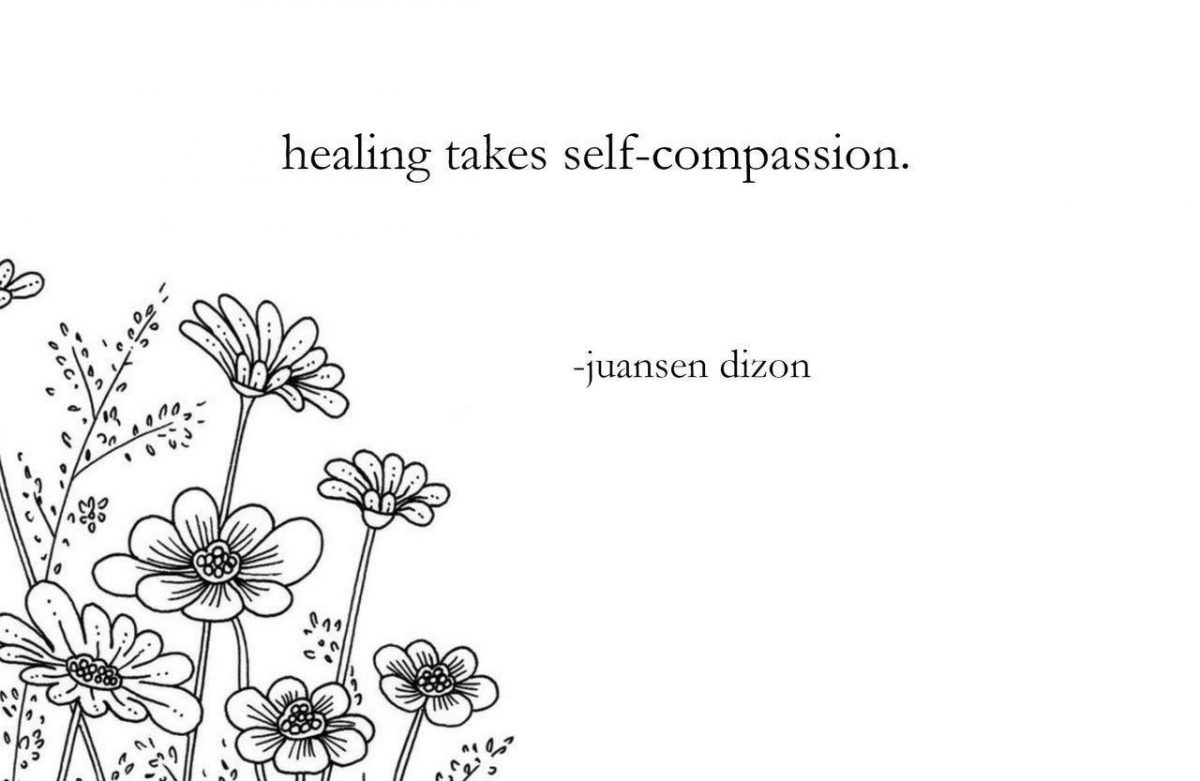In a recent study at the University of Mannheim, researchers invited university students to read a text admitting to their boss that they’d made a substantial mistake while working on a project. They were asked to do so imagining they had made the mistake themselves and then imagining they were another person of the same gender who had made the mistake. Once they had read the text the researchers asked them whether they saw this admission as an act of courage or a sign of weakness.
As part of the same experiment, researchers also asked the students to complete a self-compassion questionnaire created by Dr Kristin Neff (a leading light in self-compassion research and understanding), to assess how self-compassionate they were.
The study showed that those participants who had little compassion for themselves, evaluated their own admission of a mistake more negatively than the admission they made when they role-played a person of the same gender.
Researchers conducted similar experiments with different emotionally-vulnerable scenarios, including revealing one’s imperfections and confessing love to another person first. The results showed the same pattern for participants with low self-compassion.
What does that mean for people with tinnitus?
The results show that those of us with low self-compassion often overestimate how harshly others assess us. We assume everyone is judging us with the same lack of compassion we show ourselves (yes, that is as heartbreaking as it sounds).
This belief means we are much less likely to make ourselves emotionally vulnerable to someone else, for example by admitting how very hard we are finding it to cope with our tinnitus.
This is a significant reason why some of us don’t get the practical and emotional support we need from doctors, partners, family, friends and colleagues. We might feel that we are weak for asking, or that we don’t deserve any help.
Our low self-compassion means we miss out on a wide range of support that could make our life with tinnitus much more bearable. It could be medication to help manage anxiety or depression, which co-exist commonly with tinnitus. It could be a hug from our partner. It could be a nod and “you ok?” from a colleague who notices we’re looking more stressed than usual.
What we can do
Thankfully, we can grow our level of self-compassion. It’s something we have to do intentionally, and for some of us (me very much included at first!) it can feel a bit uncomfortable. But, I can tell you from personal experience it is worth any growing pains. Being able to turn off that nagging, self-critical voice that tells us how unworthy we are, and how little we deserve from life, brings a relief that is difficult to describe.
That’s why I incorporate it into my Bee Empowered mindfulness course for tinnitus. It’s an essential part of our journey towards creating a more mindful, more accepting, and more joyful life that just happens to have tinnitus in it.
You can read more about the study here: https://www.scientificamerican.com/article/other-people-dont-think-youre-a-mess/

